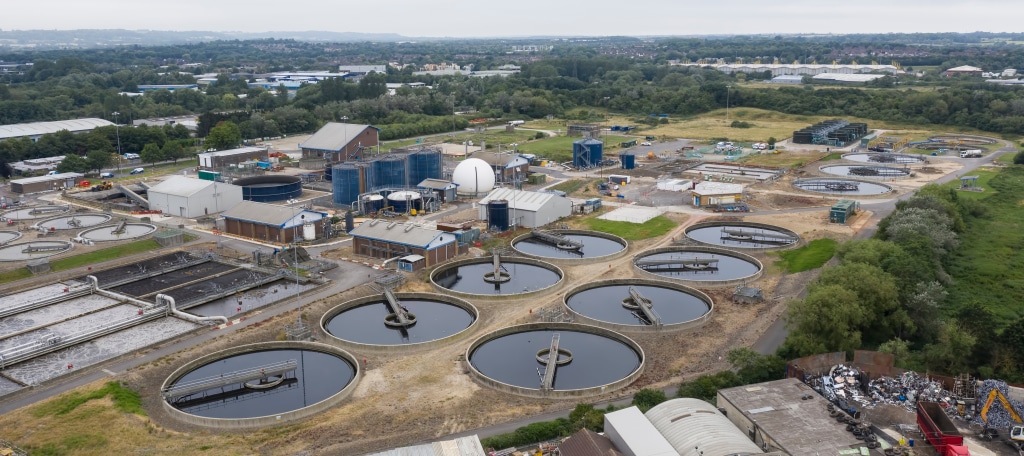In Egypt, the governorate of Minya is once again the focus of a sanitation project that will be implemented in the city of Mallawi and surrounding villages. The Egyptian authorities have chosen Intech to carry out this project. The subsidiary of Hassan Allam Holding Group is responsible for the installation of a sewage pipeline and domestic sewage connections in the villages of Tuna al Jabal, Al-Muhharas, Beni Hafez, Al-Sawaha and Sheikh Shabeka.
The company will also build a pumping station and a wastewater treatment plant with a capacity of 40,000 m3 per day, which will be expanded to 70,000 m3 per day in the future. The new facilities will be built as part of the “Hayah Karima” initiative for a “decent life” approved by the Egyptian presidency with the main objective of providing the most disadvantaged villages with increased access to basic services, including health, education, water and sanitation.
A boon for Intech
Launched in January 2019, the first phase covered 375 villages across Egypt. By launching the second phase in January 2021, the number of villages selected has increased to 1,500, with the number of beneficiaries representing 20% of the Egyptian population according to the United Nations (UN). “This initiative is an affirmation of the state’s commitment to implement a participatory planning approach by including citizens in the needs identification phase, as well as the participation of the government and civil society in the implementation and monitoring process,” says the Egyptian government.
Read also- EGYPT: reusing treated wastewater for agriculture in the Nile Delta
The water and sanitation component of the initiative is benefiting Intech, which has won several contracts since its launch. According to its parent company Hassan Hallam, Intech is currently working on more than 18 projects under the Hayah Karima initiative, with a combined capacity of 650,000 m3 per day. These projects include the construction of the West Nubaria and Al Azab drinking water plants. These projects will supply 3.5 million people daily.
Jean Marie Takouleu
